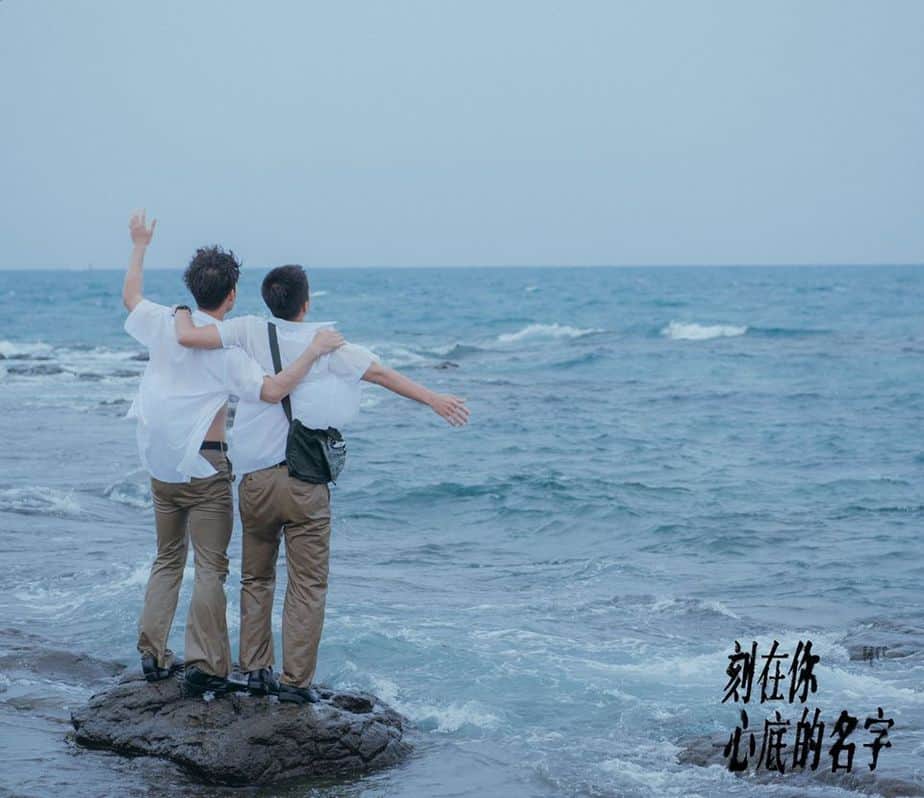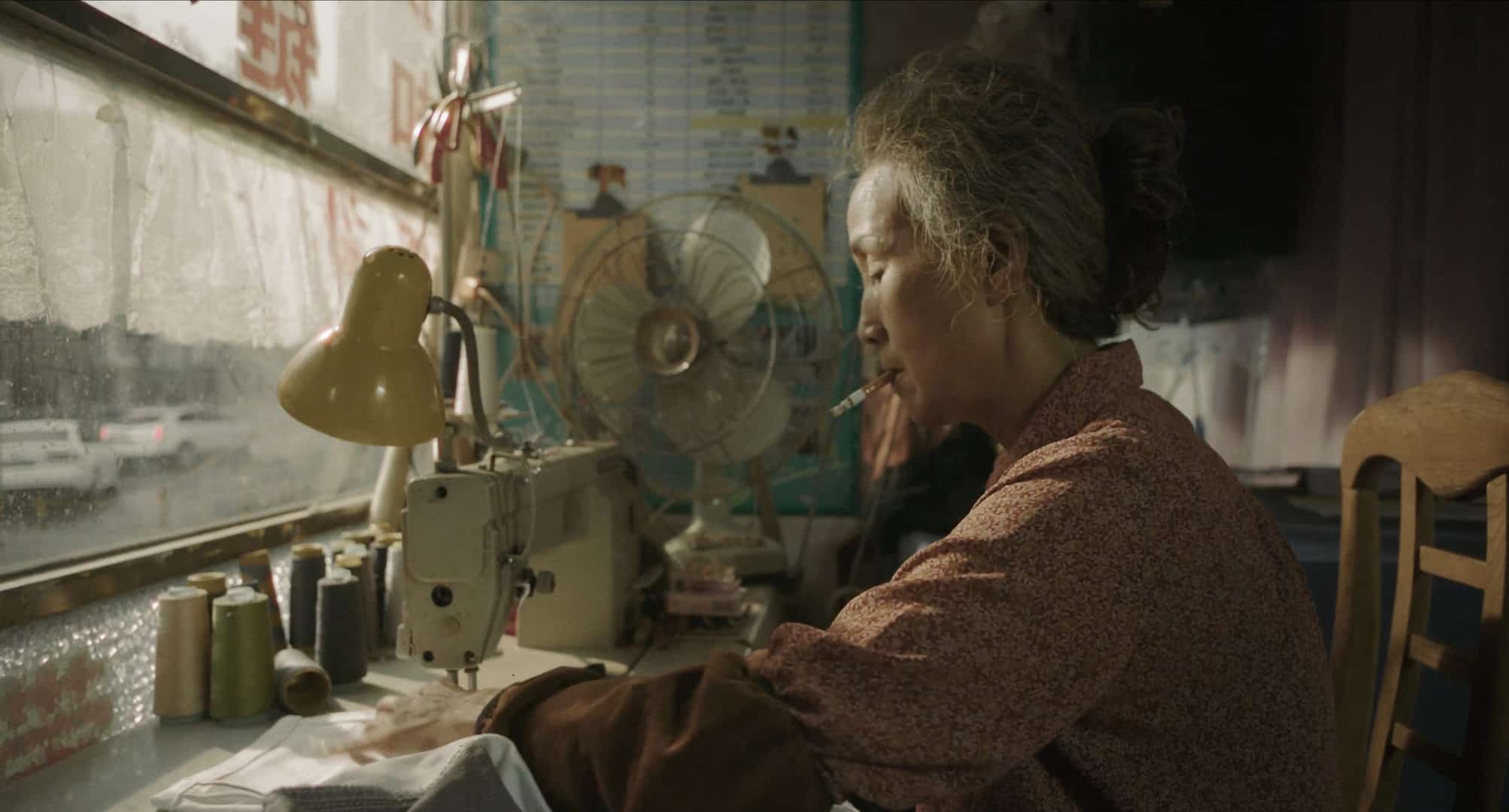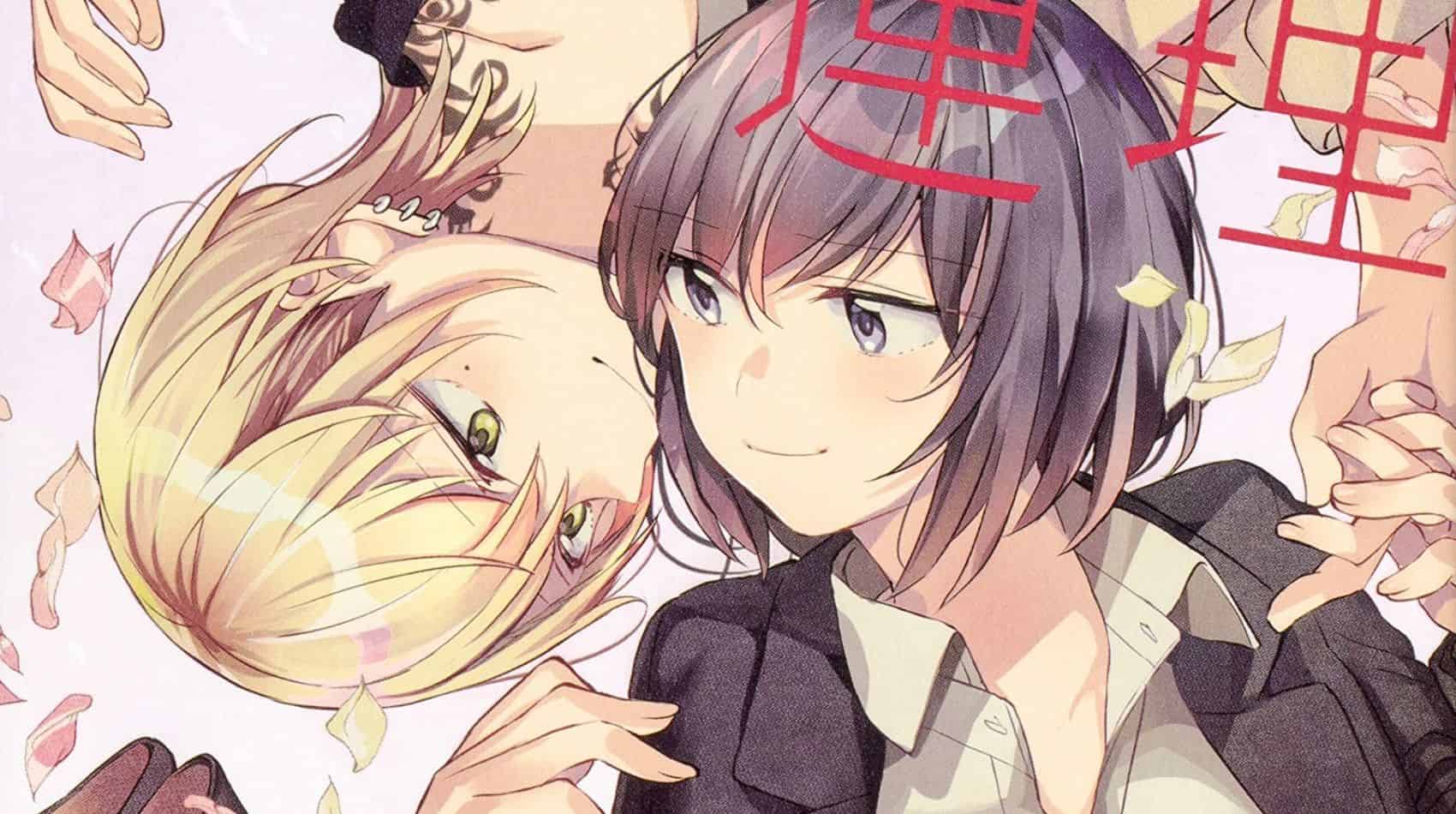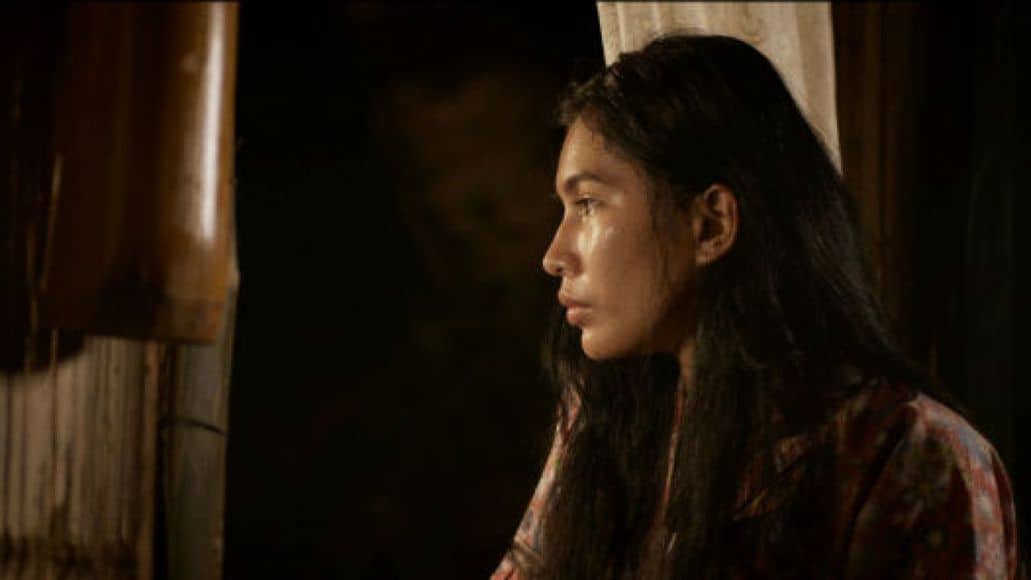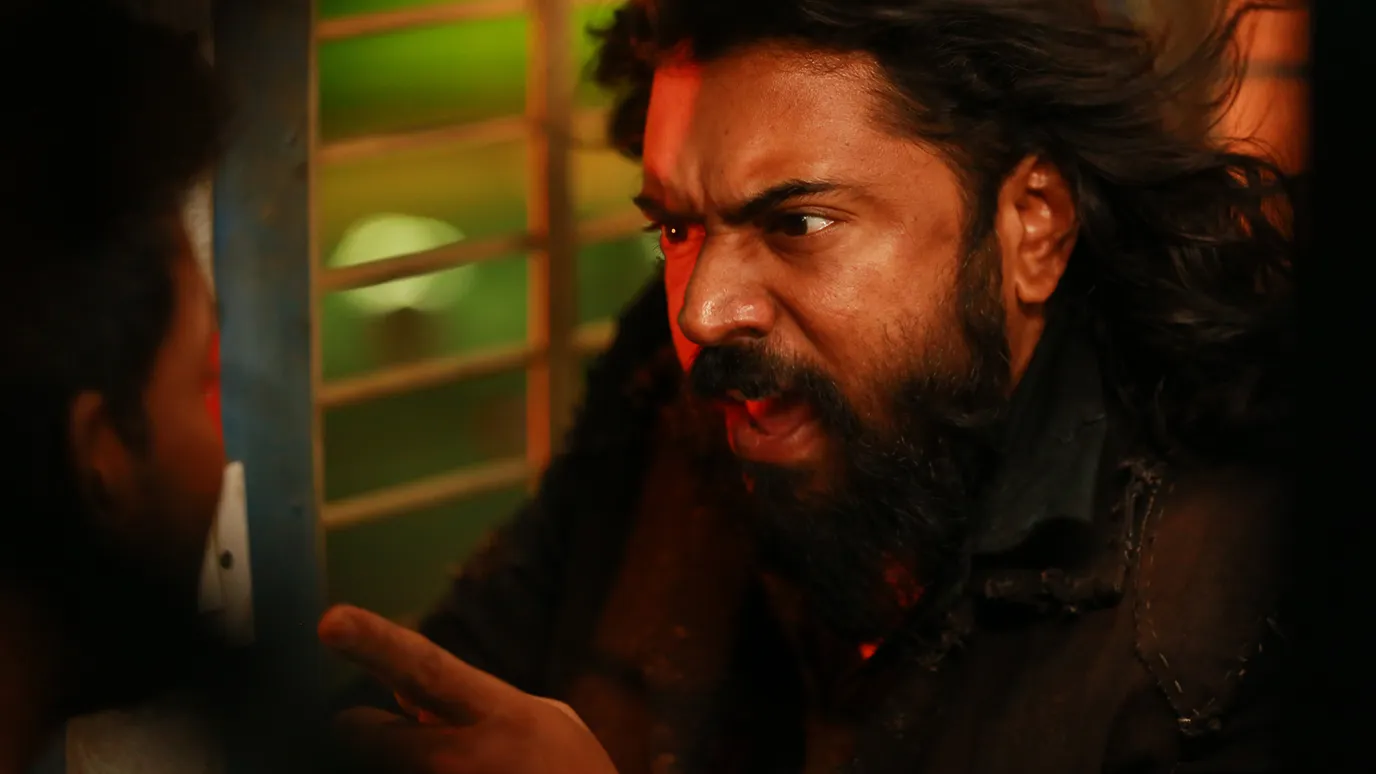The Taiwanese LGTB love drama “Your Name Engraved Herein” opens with the popular quotation from The Song of Solomon 8:7 about the power of love that can neither be quenched by water, nor drowned by the floods: “If a man would give all the substance of his house for love, his offer would be viewed with utter contempt.” And the religious reference is in its right place as an introduction to the interesting chapter of the Taiwanese (relatively recent) history marked by political changes, which was at the same time stuck in stubborn conservatism.
“Your Name Engraved Herein” screened at Osaka Asian Film Festival

One of the titular characters – Chang A-Han (Edward Chen), a young student with a despotic father and a strict Catholic upbringing, is faced with many challenges. It's 1987, shortly after the Martial Law in Taiwan was being lifted, and the wind of change is still blowing very mild over the society. A-Han gets scorned at home for his dream of becoming a musician, and for having chosen the social studies major “which is for losers” over the practicality of science. The young man is not treated with contempt only at home, his confidante Father Oliver (Fabio Grangeon) has difficulties in accepting A-Han's confessed homosexuality, trying to convince him about the wrongness of the same-sex love. On the other hand, the Canadian expat who came to China many years ago is at least willing to listen, and his role becomes the one of a psychiatrist, and less of a priest.
The conversations between the two are shot in close-ups by the director of photography Hung-I Yao (the man behind Bi Gan's mesmerizingly beautiful Cannes Un certain Regard contender “Long Day's Journey Into Night”, 2018) in warm yellow tones that bring the emotions surrounding the right to love and being loved closer to the viewer. It's the power of semi-profile that does it, and the two men gazing at the distance, like digging precious pieces of memory from the hidden corners of subconsciousness. Father Oliver's words sound less and less convincing, as it becomes apparent that there is more to his immigration to China than he wants to admit. Was he also close to abandon his religious beliefs, is the question that comes to mind after carefully listening to everything he has to say about love and passion. Grangeon's performance is gripping, and he carries the film as much as the two leads.

After the major political change, the military influence in Taiwan is still palpable and the life in the Catholic school that A-Han is attending is almost the same as it was before – coloured by masculine discipline. Always observed, a group of youngsters including a gang of bullies, is trying to flee their dormitories at night to meet girls for stolen carnal moments or to buy snacks and booze. If caught, they have to deal with physical punishment.
Under such circumstances, A-Han meets the love of his life, a dreamy introvert Birdy Wang (Jing-Hua Tseng) during the swim training at school, and it's the immediate, mutual attraction whose nature will unfold slowly. “Your Name Engraved Herein” doesn't unfold as a typical “stepping out of a closet” narrative, and the sheer sexuality is never a topic. It's the emotional suit that interests the director Kuang-Hui Liu, who's concentrating on the difficult circumstances under which people were discovering their socially unacceptable love interests.
The way Kuang-Hui Liu is bonding Birdy and A-Han in the script co-penned with Jie Zhan and Alcatel Wu is thoughtful and time-faithful. Bravery gets shied away by the fear of social rejection, emotions get replaced by the practicality of the correct social behavior. At the same time, the film is a great homage to the music of Charlie Parker, with the jazz variations accompanying the story, but it also calls for another reference – Alan Parker's “Birdy” (1984) with Matthew Modine and Nicolas Cage in main roles, in terms of emotional (and not sexual) connection between the two men.
Interesting is also the director's take on the merging of “boys and girls” school into one, with the patriarchal and very Catholic set of rules. When Birdy' s alibi girlfriend Ban Wu (Mimi Shao) gets major demerits for his actions, while he gets only detention, the hypocrisy of the “new open society” gets fully unmasked.
“Your Name Engraved Herein” is not a classical story about love between two people of the same sex. There is no real happy end, and nobody gets really naked. It pays attention to historic details and it shows another kind of reality, the one that is just a very short step back into the past, unkind to personal choices and the individual's wish to break free from the chains imposed by the society. When it gets too emotional, it does for a reason, even though a slightly less Broadway-like ending would have been more fitting.


